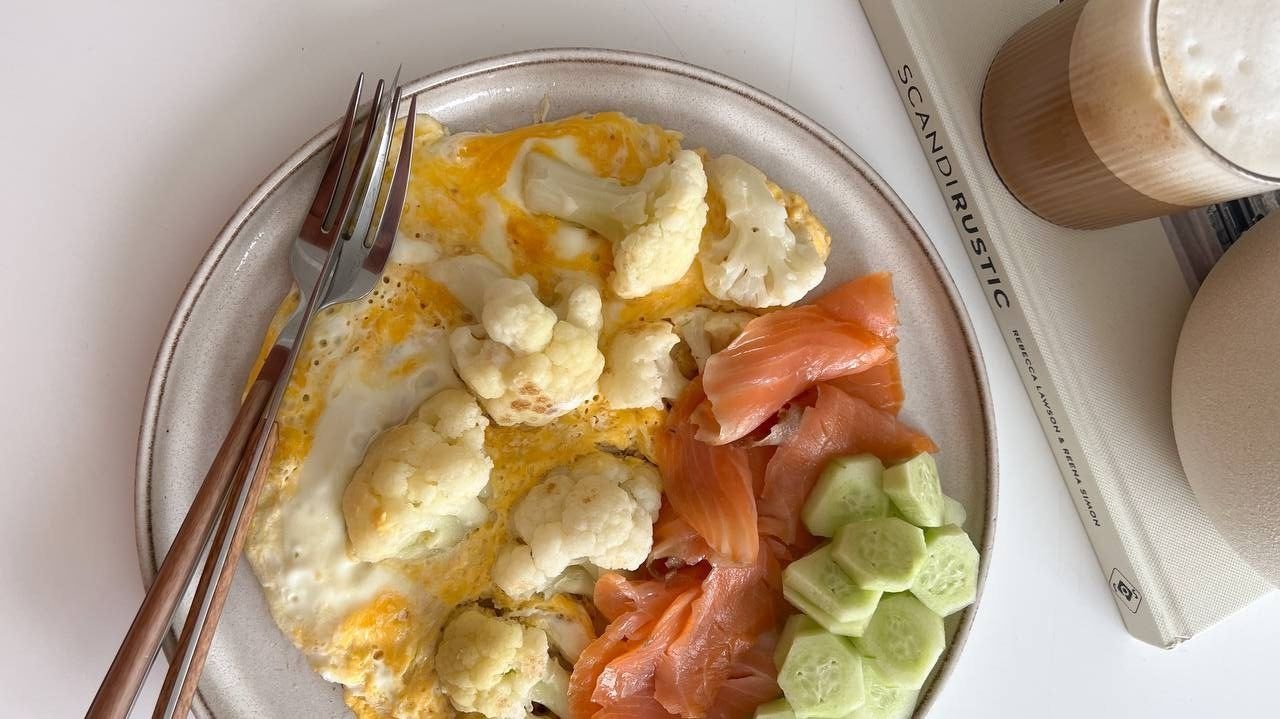The 'VOID' in Overeating
A guest post by my dear friend & colleague: Joseph Trevors, n.d.
CFNC | NEUROCHANGE PRACTITIONER | OPTIMAL PERFORMANCE LEADER
Larger serving sizes.
Heavier reliance on prepared foods (think ‘fast’ food, and ‘inner aisles’ at your local grocer).
Eating ‘on the go’, and rushed or stressed while doing so.
We know that overeating is an increasingly common, and concerning problem in today's society, and it can have negative consequences for our health. And one of the ways that overeating can harm our bodies is through inflammation. As you’ve undoubtedly heard me say many times before, inflammation is a natural response that occurs when our bodies are trying to fight off an infection or injury. However, and where I point you most, is when inflammation becomes chronic. Chronic inflammation can lead to a host of health problems, including heart disease, diabetes, and cancers.
If you’re not familiar, a lot of my work in Functional Nutrition is employing a holistic approach to nutrition that focuses on using food to optimize health and prevent disease. From that perspective, overeating can lead to increased inflammation in the body through several mechanisms, but can be equally reversed in relatively short order (no pun intended, sorry). I often refer to this as the ‘VOID’ of today’s diet and lifestyle (the irony, of course, in associating ‘void’ with ‘abundance’).
From my perspective, here’s what’s up and why you should pay attention:
Visceral Fat; Overeating can contribute to the accumulation of visceral fat. Visceral fat is the fat that accumulates around our organs, and it is associated with a higher risk of chronic diseases like heart disease, diabetes, and cancer. Visceral fat is also an active endocrine organ, producing inflammatory cytokines that can contribute to chronic inflammation throughout the body. Overeating can contribute to the accumulation of visceral fat through several mechanisms, including promoting the storage of excess calories as fat, increasing insulin resistance, and altering the gut microbiome (in addition to the insulin resistance as above, think things like endothelial dysfunction, atherosclerosis, hypertension, accelerated necrosis, and more).
Oxidative Stress; Overeating can cause oxidative stress in the body. Oxidative stress occurs when there is an imbalance between the production of reactive oxygen species (ROS) and the body's ability to detoxify them. ROS are normal byproducts of metabolism, but when they accumulate, they can damage cells and contribute to inflammation. Overeating can increase oxidative stress in several ways, including increasing the production of ROS during metabolism, reducing the body's ability to detoxify ROS, and impairing the antioxidant defenses that protect against oxidative stress.
Insulin; Overeating can cause our bodies to produce more insulin. Insulin is a hormone that helps our cells absorb glucose from the bloodstream. When we overeat, our bodies produce more insulin to deal with the increased amount of glucose in the bloodstream. This can lead to insulin resistance, where our cells become less responsive to insulin, and the pancreas has to produce even more insulin to get glucose into the cells. Insulin resistance is associated with chronic inflammation, which can damage tissues and organs over time.
Dysbiosis; Overeating can alter the composition of the gut microbiome. The gut microbiome is the collection of microorganisms that live in our digestive tract. These microorganisms play a crucial role in our health, including regulating our immune system and preventing inflammation. Overeating can disrupt the balance of the gut microbiome, leading to a condition known as dysbiosis. Dysbiosis is associated with chronic inflammation, and it can also lead to a leaky gut, where the lining of the digestive tract becomes permeable, allowing harmful substances to enter the bloodstream and trigger inflammation.
So here’s the deal as I see it; Overeating (consistently), bad. Having an understanding and appreciation for how even whole foods can offset or ‘balance’ those rare(r) times when we over consume, good. Understand the ‘VOID’ in today’s diet and lifestyle.
We so enjoy the joy that food can bring to our lives, so I’m not here to tell you that you can’t have it (unless you’re critically ill and in need of specific diet regulation, of course). But understanding what this lifestyle of consistently overeating is doing ‘inside’ (even if we ‘think we feel just fine’), is crucial. Knowledge provides the opportunity for balance. Intuitive Eating, Intermittent Fasting, etc., can be cool ways to balance. Balance (in absence of restriction) allows our body to enjoy the food. Our bodies have extraordinary abilities in self-healing, providing we afford them the chance.


